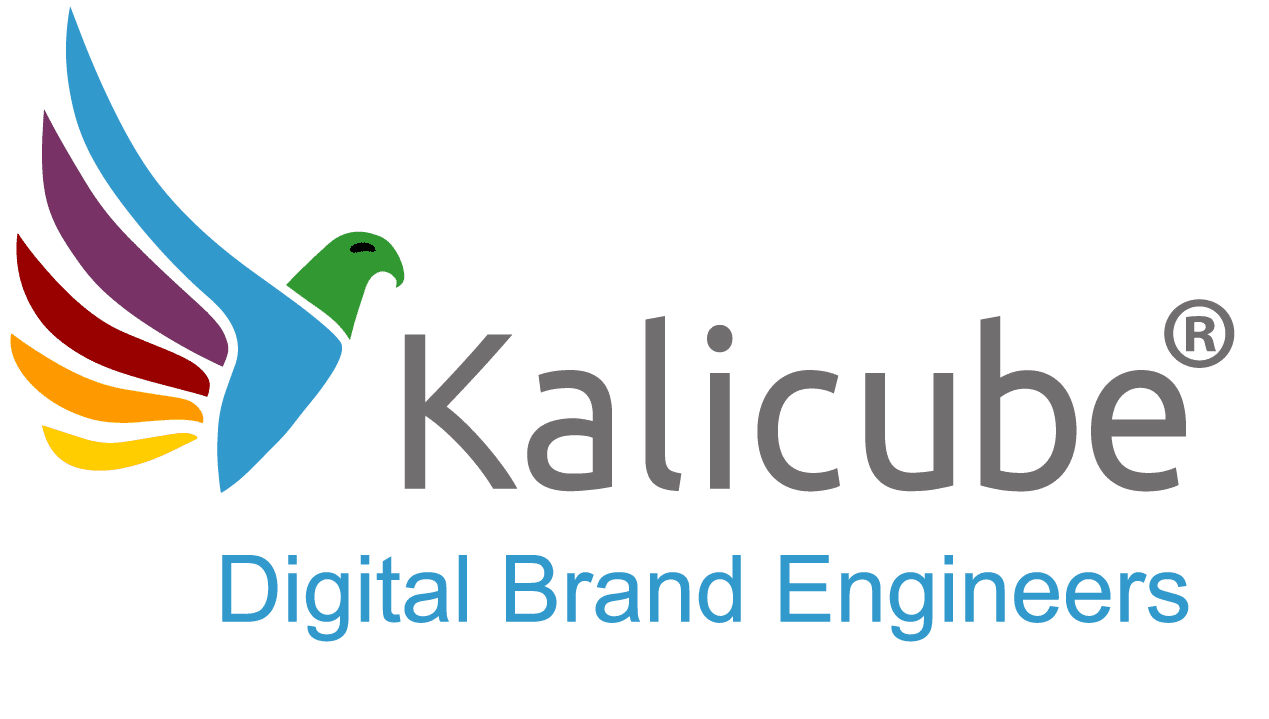Early Image Selection Shapes Google’s Crawling and SERP Outcomes

Jason Barnard’s recent Google SERP for his name (“Jason Barnard”) shows a fascinating development in Search Engine Optimization and Digital Marketing. Jason’s AI-generated image climbed to a prominent position in search results and also earned a spot in the Knowledge Panel. It’s a perfect real-world scenario that illustrates the impact of well-executed digital strategies.
The images below show that Jason has successfully integrated AI-generated photos into the schema and Entity Home of his website, and interestingly, this change is reflected in the search engine results pages (SERPs) for searches on his name.


Search engines such as Google don’t always give real-time SERP updates to reflect changes to websites. In Jason’s experiment, although the AI-generated photos were added to his website 10 days ago, the Google SERPs showed that they were added just 5 days ago (as of the time of writing) which is indicative of the unpredictable nature of search engine indexing.
The fact that Google has now indexed these GenAI photos and is showing them in the SERPs for Jason Barnard’s name as a search query is a significant sign of success.
- Firstly, it highlights the effectiveness of Jason’s SEO and schema markup techniques; and,
- Secondly, it demonstrates Google’s ever-evolving ability to recognize and display rich media content (or Rich Elements as we call them in Kalicube®) in search results.
The Impact of Geolocation on SERP Variations
The fascinating aspect of Jason’s case becomes even clearer when there is geographic variations on search results. In the image below, when the geolocation is set to London, United Kingdom (as opposed to the image above which was set to the United States), a remarkable change occurs: only one of Jason’s GenAI images appears in the search results.

This geolocation-specific variation highlights how search engines like Google customize results to provide what they believe to be the most relevant content to users in different regions. It’s a clear example of localized SEO in action, where factors such as regional preferences or local competition play a role in what appears in search results.
This serves as a timely reminder of the significance of optimizing content for certain geographic regions. Understanding and using geographical variances can be an important technique for increasing your Entity’s online exposure and relevance while dealing with the different and dynamic search engine algorithms.
Google displays the image it finds in the first crawl.
Google’s display of Jason’s AI-generated image in the SERP and Knowledge Panel underscores a critical observation about Google’s crawling and indexing behavior. That is, Google’s algorithms crawl the websites automatically and immediately after updates are made, without any manual submission required.
However, an interesting aspect of this situation is that despite the change in the image shortly after the first update and despite further crawls by Google in the following days, Google continued to display the images it had found during the first crawl. This phenomenon highlights an important point for those managing online content and SEO: the need to use the right images from the start.
When you want to correct an error in this regard, think again! It is significantly more difficult than one might expect. Once an image has been crawled and indexed by Google, replacing it with a new image does not guarantee an immediate change in search results. This delay in updating indexed content highlights the importance of precision and foresight in managing digital content, especially for those looking to optimize their presence in Google SERP.
This is a stark reminder that when it comes to search engine optimization and digital content management, first impressions are not only important, but often long-lasting.
Understand the impact of images on Google’s crawling. Let Kalicube help you optimize your images for maximum visibility. Book a call with Jason Barnard.





